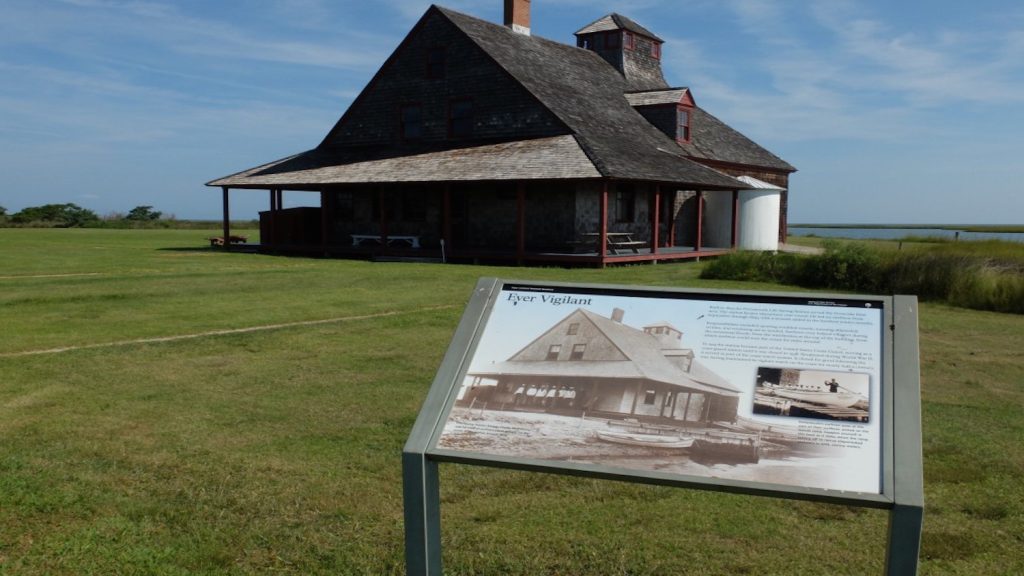Protecting Cultural Resources in the Face of Climate Change

Principal Investigator: Erin Seekamp, Department of Parks, Recreation and Tourism Management, NC State University
Project Completion: December 2017. This project is now completed.
Implements Science Plan Theme: 6
Co-PIs:
Jordan Smith, Department of Environment & Society, University of Utah
Matthew Booker, Department of History, NC State University
Nils Peterson, Department of Forestry & Environmental Resources, NC State University
Stacy Nelson, Department of Forestry & Environmental Resources, NC State University
Janet Cakir, National Park Service
Collaborators:
Mitch Eaton, USGS Southeast CASC
Max Post van der Burg, USGS Northern Prairie Wildlife Research Center
Overview
Climate change doesn’t just threaten our natural resources—it threatens our cultural resources, too. Cultural resources represent evidence of past human activity, such as archeological sites, or are of significance to a group of people traditionally associated with the resource, such as Native American ceremonial sites.
Climate change is challenging the long-term persistence of many cultural resources. For example, those located in coastal areas, such as historic lighthouses, are threatened by sea-level rise, shoreline erosion, and more frequent severe storm events. While climate change challenges managers of both natural and cultural resources to make decisions in the face of uncertainty, far less work has been done to identify the impacts of climate change on cultural resources, compared to natural resources.
To address this critical gap, researchers developed a strategy to aid decision makers in climate adaptation planning efforts. The strategy integrates assessments of the relative significance of specific cultural resources and their vulnerability to climate change. The strategy was pilot tested with a subset of buildings listed on the National Historic Register at Cape Lookout National Seashore, located on North Carolina’s barrier islands.
Cultural resources hold multiple and diverse values to local communities, visitors, and the general public. These resources are irreplaceable, and their meaning is often tied to their specific location. This project will contribute significantly to our understanding of the vulnerability of cultural resources to climate change throughout the southeastern U.S. and the role that historic significance should play in management decisions—information that is vital for developing strategies to conserve these resources into the future.
More Information:
- Budgeting for Climate Change
- New Paper Details What We Know About Climate Threats to Cultural Heritage and Cultural Resources
- Southeast CASC Project Recognized with DOI Environmental Achievement Award
- Optimizing Cultural Resource Preservation Under Climate Change
- Study Finds Knowledge Gaps on Protecting Cultural Sites from Climate Change
- View a poster and recorded presentation given by undergraduate student Peizhe Li describing the project and OptiPres model at the Southeast Environment and Recreation Research Conference, March 2021.
